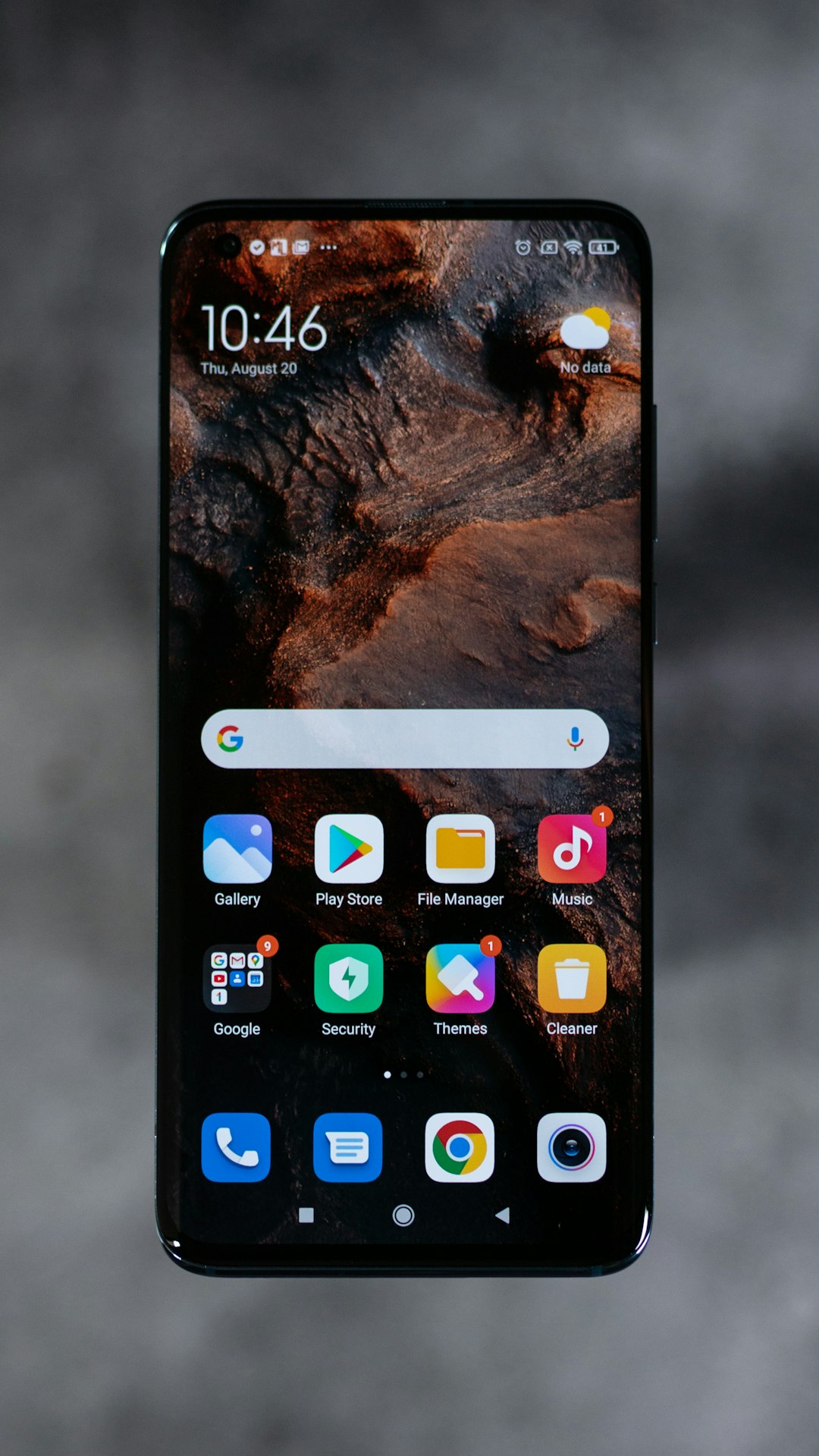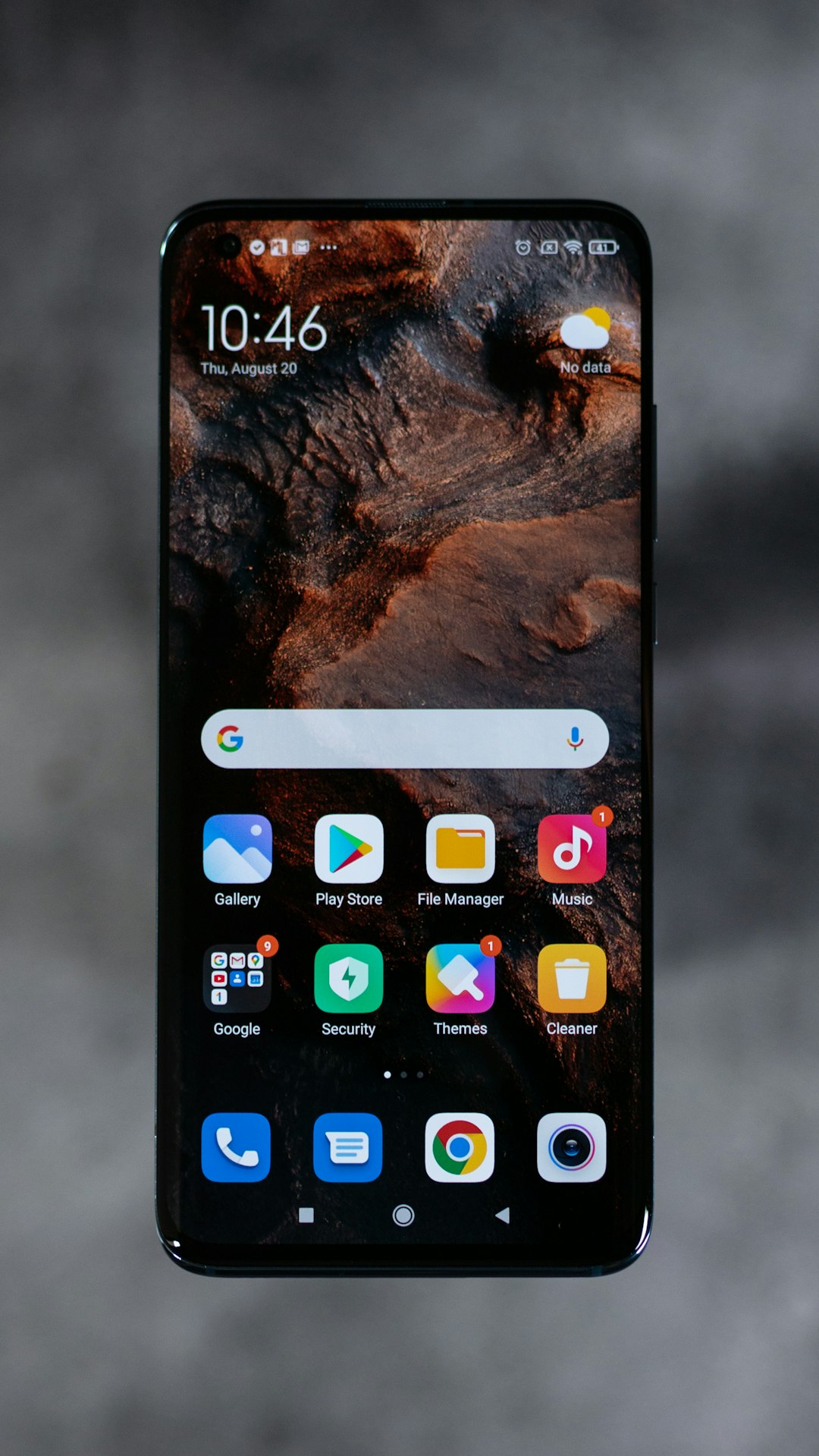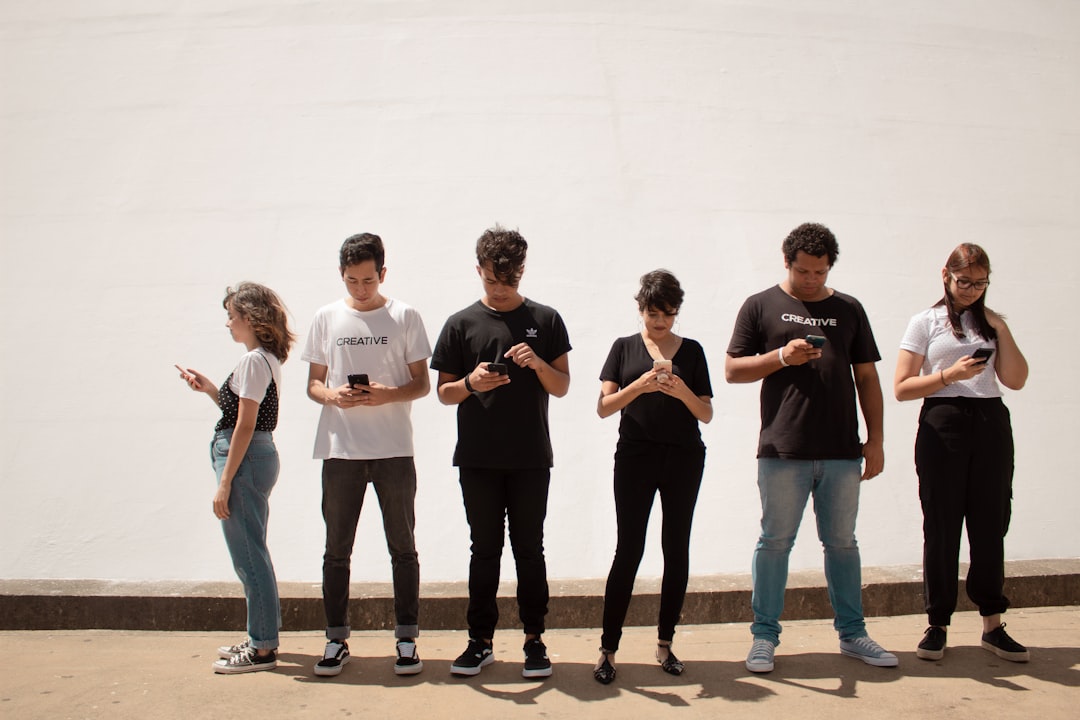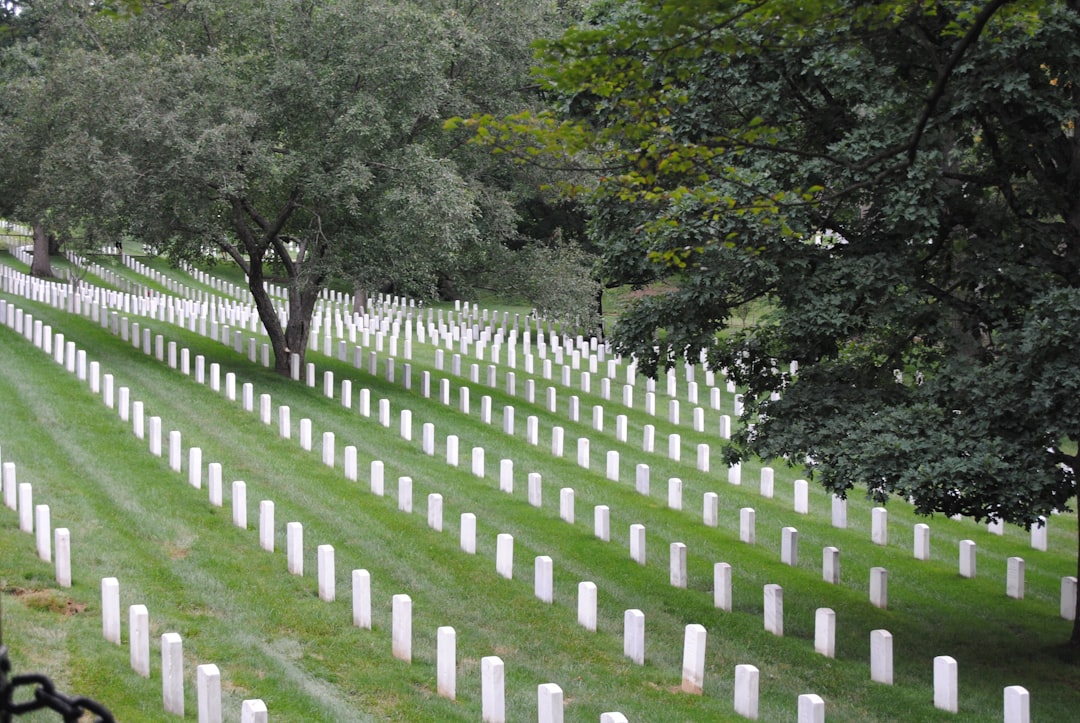Virginia's Do Not Call laws, enforced by the FTC and Virginia Department of Commerce, protect residents from unwanted telemarketing calls, with political organizations being exempt for fundraising but still subject to rules. Individuals can register on a "Do Not Call" registry, and violating these laws incurs heavy fines. A Do Not Call attorney Virginia is crucial for campaigns navigating legal complexities, ensuring compliance, and managing potential lawsuits. Hampton, a leading expert, advocates for clear boundaries and free consent, guiding clients through high-call volume election seasons while upholding privacy rights. His guidelines emphasize balanced political communication, encouraging opt-in systems, data analytics, and proper staff training to maintain positive voter interactions while adhering to regulations.
In Virginia, understanding and adhering to “Do Not Call” laws is crucial, especially with political campaigns intensifying. This article explores these regulations, focusing on how attorneys play a pivotal role in political calls. We delve into Hampton’s stance, the legal implications of violations, and strategies for compliance. If you’re a “Do Not Call” attorney in Virginia, this guide offers essential insights to navigate political campaigns effectively while respecting individual privacy rights.
Understanding Do Not Call Laws in Virginia

In Virginia, like many other states, Do Not Call laws are designed to protect residents from unwanted telemarketing calls. These laws are regulated by the Federal Trade Commission (FTC) and the Virginia Department of Commerce, ensuring that businesses adhere to specific guidelines regarding call volume and consent. A “Do Not Call” registry allows individuals to opt-out of receiving sales or promotional calls at home, work, or any other number they wish to register. This powerful tool empowers Virginians to take control of their communication preferences.
For those facing persistent political calls, there’s a specific exemption in Virginia’s Do Not Call laws. Political organizations are allowed to make phone calls for fundraising or campaigning purposes, but there are rules in place to ensure these calls don’t become intrusive. If you’ve registered your number on the Do Not Call list and still receive unwanted political calls from attorneys or other advocates, it may be a violation of state regulations. Consulting with a local Do not call attorney Virginia can help individuals understand their rights and take appropriate action against repeated offenders.
The Role of Attorneys in Political Campaigns

In modern political campaigns, attorneys play a pivotal role in navigating the complex legal landscape, especially regarding communication strategies. With strict regulations like Virginia’s Do Not Call laws in place, campaigns must adhere to specific guidelines when reaching out to potential voters. A Do not call attorney Virginia is an invaluable asset, ensuring compliance and maximizing effective outreach. They help craft tailored messages that respect individual privacy while promoting political engagement.
These legal experts guide campaigns on how to conduct themselves during phone calls, text messages, and door-to-door interactions, ensuring they stay within the boundaries set by law. By leveraging their knowledge, campaigns can avoid costly mistakes and ethical pitfalls, fostering a more responsible and successful political process.
Hampton's Stance on Political Calls

Hampton, a renowned Do Not Call attorney in Virginia, takes a strong stance on political calls. He believes that while political engagement is vital, it should not infringe on individuals’ privacy and peace. Hampton advocates for clear boundaries between political organizations and potential voters to ensure consent is given freely and knowingly.
His expertise lies in guiding clients through the complexities of political call regulations, helping them understand their rights as callers and recipients. As a Do Not Call attorney, Hampton works diligently to protect Virginia residents from unwanted political phone calls, ensuring that the right to privacy is upheld, especially during election seasons when calls can become more frequent and intrusive.
Legal Implications of Violating Do Not Call Regulations

Violating Do Not Call laws can have significant legal implications, especially in the state of Virginia where such regulations are strictly enforced. If a business or individual makes unwanted political calls to registered recipients, they could face substantial fines and penalties. These fines can range from hundreds to thousands of dollars per violation, making it crucial for political campaigns to adhere to these laws to avoid costly mistakes.
In Virginia, Do Not Call registries are maintained by the state, and registered individuals have the right to sue if they receive unauthorized calls. A “Do not call attorney Virginia” is often sought after to navigate these complex legal matters. Such attorneys can guide businesses on how to comply with regulations, manage potential lawsuits, and ensure their political messaging reaches the intended audience without crossing legal boundaries.
Strategies for Compliance and Effective Communication

Hampton’s Stance on Political Calls and Do Not Call Laws requires a delicate balance between effective communication and compliance with regulations, especially for political campaigns in Virginia. To navigate this, campaigns must employ strategic approaches that respect voter privacy while still ensuring key messages reach their intended audience. One crucial method is to utilize opt-in systems, where potential supporters explicitly agree to receive calls, texts, or emails from the campaign. This not only complies with Do Not Call laws but also fosters a sense of engagement and consent among voters.
Effective communication involves tailoring messages to specific demographics and interests. For instance, targeting younger voters might require a different approach than reaching seasoned political participants. Utilizing data analytics and segmentation allows campaigns to personalize their outreach, making it more likely to resonate with recipients. Additionally, training staff on proper call procedures, including being respectful of time zones and individual preferences, is vital to maintaining positive voter experiences and avoiding unnecessary complaints. Engaging with voters through multiple channels—email, social media, and direct mail alongside phone calls—can further enhance reach while ensuring compliance with regulations like the Do Not Call Attorney Virginia laws.






